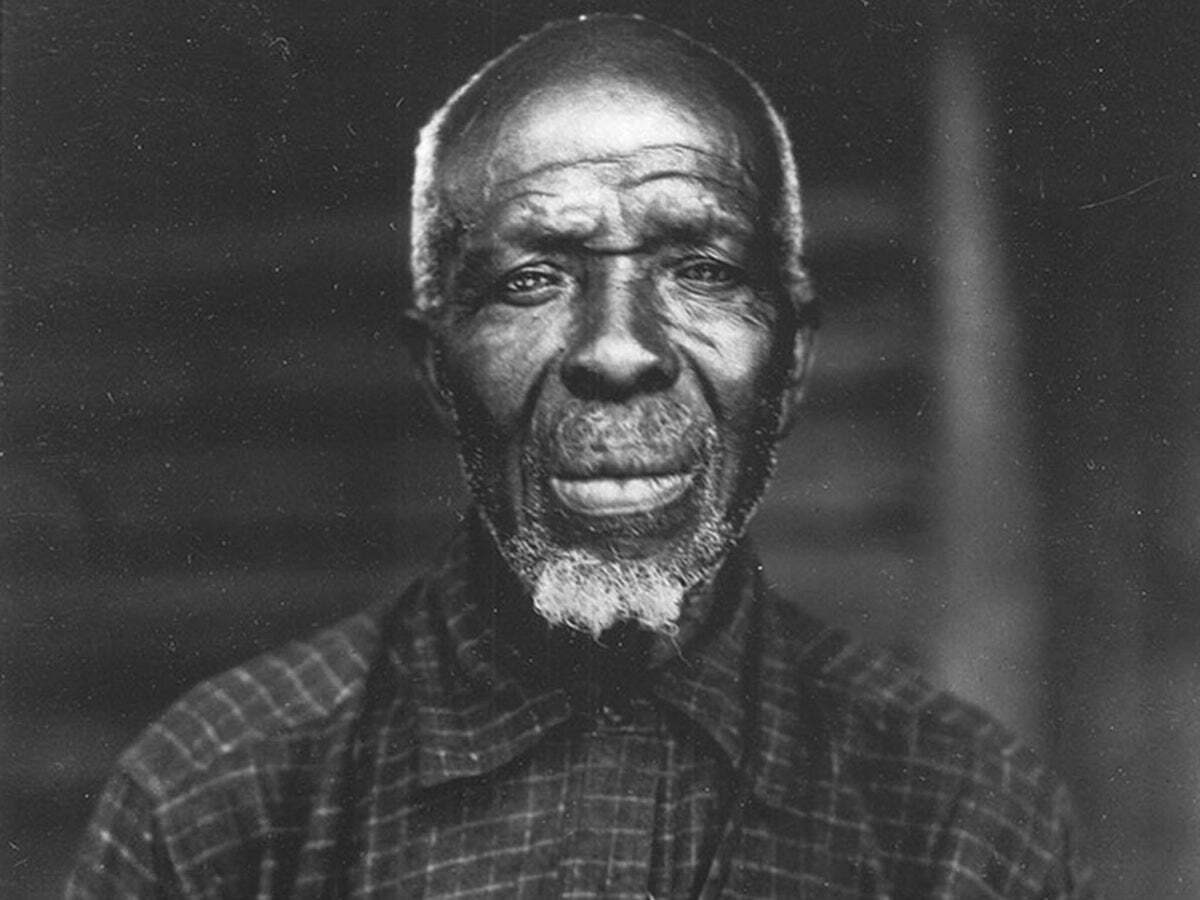
Who was Cudjo Lewis? Cudjo Lewis, born Oluale Kossola, was one of the last known survivors of the Atlantic slave trade. Captured in West Africa, he endured the brutal Middle Passage to America. He arrived in Alabama aboard the Clotilda, the last known slave ship to bring captives to the United States. After emancipation, he helped found Africatown, a community of freed slaves near Mobile, Alabama. His life story, documented by author Zora Neale Hurston, offers a rare first-person account of the horrors of slavery and the resilience of the human spirit. Cudjo Lewis remains a significant figure in American history.
Key Takeaways:
- Cudjo Lewis, a survivor of the Atlantic slave trade, showed incredible resilience and determination in the face of adversity, leaving a lasting impact on American history and culture.
- His legacy as a community leader in Africatown and his dedication to preserving his African heritage continue to inspire and educate people about the strength of those who endured slavery.
Who Was Cudjo Lewis?
Cudjo Lewis, born Oluale Kossola, was one of the last known survivors of the Atlantic slave trade. His life story offers a unique glimpse into a dark chapter of history.
- Cudjo Lewis was born around 1840 in what is now Benin, West Africa.
- He belonged to the Yoruba ethnic group, one of the largest ethnic groups in Africa.
- At the age of 19, he was captured by the Dahomey Kingdom during a raid.
- He was sold to American slave traders and transported to the United States on the Clotilda, the last known slave ship to bring captives to America.
- The Clotilda arrived in Mobile, Alabama, in 1860, just a year before the Civil War began.
- Cudjo Lewis was one of 110 Africans smuggled into the U.S. on the Clotilda.
Life in America
After arriving in America, Cudjo Lewis faced the harsh realities of slavery. His resilience and determination helped him survive and eventually thrive.
- He was sold to Timothy Meaher, a wealthy shipbuilder and plantation owner.
- Lewis worked on Meaher's plantation, enduring the brutal conditions of slavery.
- After the Civil War ended in 1865, he gained his freedom.
- He and other Clotilda survivors founded Africatown, a community near Mobile, Alabama.
- Africatown was established to preserve their African culture and heritage.
- Lewis married Seely, another Clotilda survivor, and they had six children.
Legacy and Recognition
Cudjo Lewis's story has been preserved through various means, ensuring that future generations remember his experiences and contributions.
- In the 1920s, author Zora Neale Hurston interviewed Lewis, documenting his life story.
- Hurston's interviews were compiled into the book "Barracoon: The Story of the Last 'Black Cargo,'" published posthumously in 2018.
- Lewis's story provides a rare first-person account of the Middle Passage and life as a slave.
- Africatown remains a significant historical site, with efforts to preserve its history ongoing.
- The Clotilda wreck was discovered in 2019, confirming the ship's existence and the stories of its survivors.
- Lewis's descendants continue to live in Africatown, maintaining his legacy.
Cultural Impact
Cudjo Lewis's life has had a lasting impact on American culture and history, influencing various aspects of society.
- His story has been featured in documentaries, books, and articles.
- Africatown has become a symbol of resilience and cultural preservation.
- Lewis's experiences highlight the horrors of the transatlantic slave trade and the strength of those who survived it.
- His life story has been used in educational programs to teach about slavery and African American history.
- The discovery of the Clotilda has renewed interest in Lewis and Africatown.
- Lewis's story has inspired artists, writers, and historians to explore the African American experience.
Personal Traits and Characteristics
Cudjo Lewis was known for his strong character and determination, traits that helped him navigate the challenges he faced.
- He was fluent in Yoruba and retained many aspects of his African culture.
- Lewis was a skilled storyteller, sharing his experiences with anyone who would listen.
- He was deeply religious, practicing both African spiritual traditions and Christianity.
- Lewis was known for his resilience, surviving the Middle Passage, slavery, and the challenges of freedom.
- He was a community leader in Africatown, helping to establish schools and churches.
- Lewis was dedicated to preserving his African heritage, passing down traditions to his children and grandchildren.
Final Years and Death
Cudjo Lewis lived a long life, witnessing significant changes in American society. His final years were marked by reflection and storytelling.
- He lived to see the turn of the 20th century, a time of great change in America.
- Lewis continued to share his story with researchers, journalists, and anyone interested in his experiences.
- He remained active in Africatown, participating in community events and ceremonies.
- Lewis passed away on July 17, 1935, at the age of 94 or 95.
- He was buried in the Old Plateau Cemetery in Africatown, where his grave remains a site of historical significance.
- His life story has been preserved through oral histories, written accounts, and historical research.
- Lewis's legacy continues to inspire those who learn about his life and the resilience of the Clotilda survivors.
- His story serves as a powerful reminder of the strength and determination of those who endured the horrors of slavery and fought to preserve their culture and heritage.
The Legacy of Cudjo Lewis
Cudjo Lewis's story isn't just about one man's life; it's a window into a significant chapter of American history. Born in Africa, captured, and brought to the U.S. on the last known slave ship, his experiences shed light on the resilience and strength of those who endured the horrors of slavery. His life in Africatown, Alabama, stands as a testament to the enduring spirit of a community that refused to let their heritage be erased. By sharing his story, we honor not only Cudjo but also the countless others who lived through similar ordeals. Their stories remind us of the importance of remembering our past to build a better future. Cudjo Lewis's legacy continues to inspire and educate, ensuring that the lessons of history are never forgotten.
Frequently Asked Questions
Was this page helpful?
Our commitment to delivering trustworthy and engaging content is at the heart of what we do. Each fact on our site is contributed by real users like you, bringing a wealth of diverse insights and information. To ensure the highest standards of accuracy and reliability, our dedicated editors meticulously review each submission. This process guarantees that the facts we share are not only fascinating but also credible. Trust in our commitment to quality and authenticity as you explore and learn with us.


